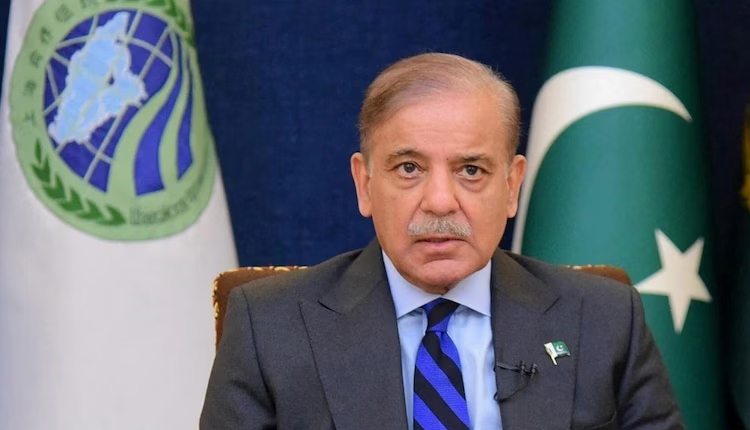New Delhi: Since the April 22 Pahalgam terror attack caused serious deterioration in relations between India and Pakistan, the Pakistan military has expanded its dominance over Prime Minister Shehbaz Sharif’s civilian administration. Lieutenant General Asim Malik gained supreme power after becoming National Security Advisor (NSA) of Pakistan’s Inter-Services Intelligence (ISI) following significant tensions with India under fear of military reprisal.
ISI Chief’s Expanded Role
The Express Tribune reported that ISI Chief Lieutenant General Asim Malik received the NSA position after assuming his role at ISI in 2024. The new appointment intends to enhance military-government partnership to incorporate military insight into vital national decisions. The army seeks to take full control of national security issues during rising tensions with India through this strategic move. Pakistan received the official news about Malik holding two positions during a time when the country anxiously awaited possible military strikes from India to retaliate against the Pahalgam attack that killed 26 people, including mostly tourists.
Fears of an Indian Military Response
The Pahalgam massacre has deteriorated Pakistan-India relations when India charged Pakistan forces with hiding the attackers who conducted the attack. Information Minister Attaullah Tarar raised national concern by announcing on April 29, 2025, that India might launch a military operation within the next 24 to 36 hours in response to the Pahalgam attack. The country found itself in an elevated state of preparedness as Tarar alerted Pakistan would act decisively against Indian military moves. The anti-Indian terrorist organisation TRF, which emerged from Lashkar-e-Taiba, took responsibility for the attack, thereby connecting Pakistan-based terrorist networks to the incident.
Military’s Growing Influence
The president made the NSA role a strategic move to unite the civilian and military sectors of Pakistan’s leadership structure. The military in Pakistan seeks to control government decisions as India takes steps that include stopping Indus Water Treaty operations, closing closings and expelling diplomats. Multiple internal conflicts between government officials and military members reportedly exist within Pakistan, while reports suggest Army Chief General Asim Munir’s Kashmir remarks and support of the two-nation theory have become linked to the Pahalgam attack.
Sharif’s Diplomatic Outreach
Prime Minister Shehbaz Sharif used a telephone call to connect with U.S. Senator Marco Rubio while urgent steps were taken against increasing war tensions with India. Sharif claimed Pakistan was not responsible for Pahalgam while blaming India for starting the conflict, and he affirmed her willingness to participate in a clear investigation. The Pakistani government makes this appeal to show support from other nations because it suffers from diplomatic setbacks and expects imminent Indian military intervention. Antonio Guterres, the United Nations Secretary-General, joined calls alongside Indian External Affairs Minister S. Jaishankar to evacuate the escalating conflict with Pakistan.
The military stands in front of the current crisis in Pakistan because the country chose to promote their ISI chief to NSA responsibilities. The country promises justice for the culprits while exploring diplomatic solutions and military measures while simultaneously strengthening its national defence capabilities against possible conflict with India. Malik’s new position alongside government policy oversight by the military indicates Pakistan’s growing tendency toward military control of governance, which threatens civilian authority in the country.



Comments are closed.